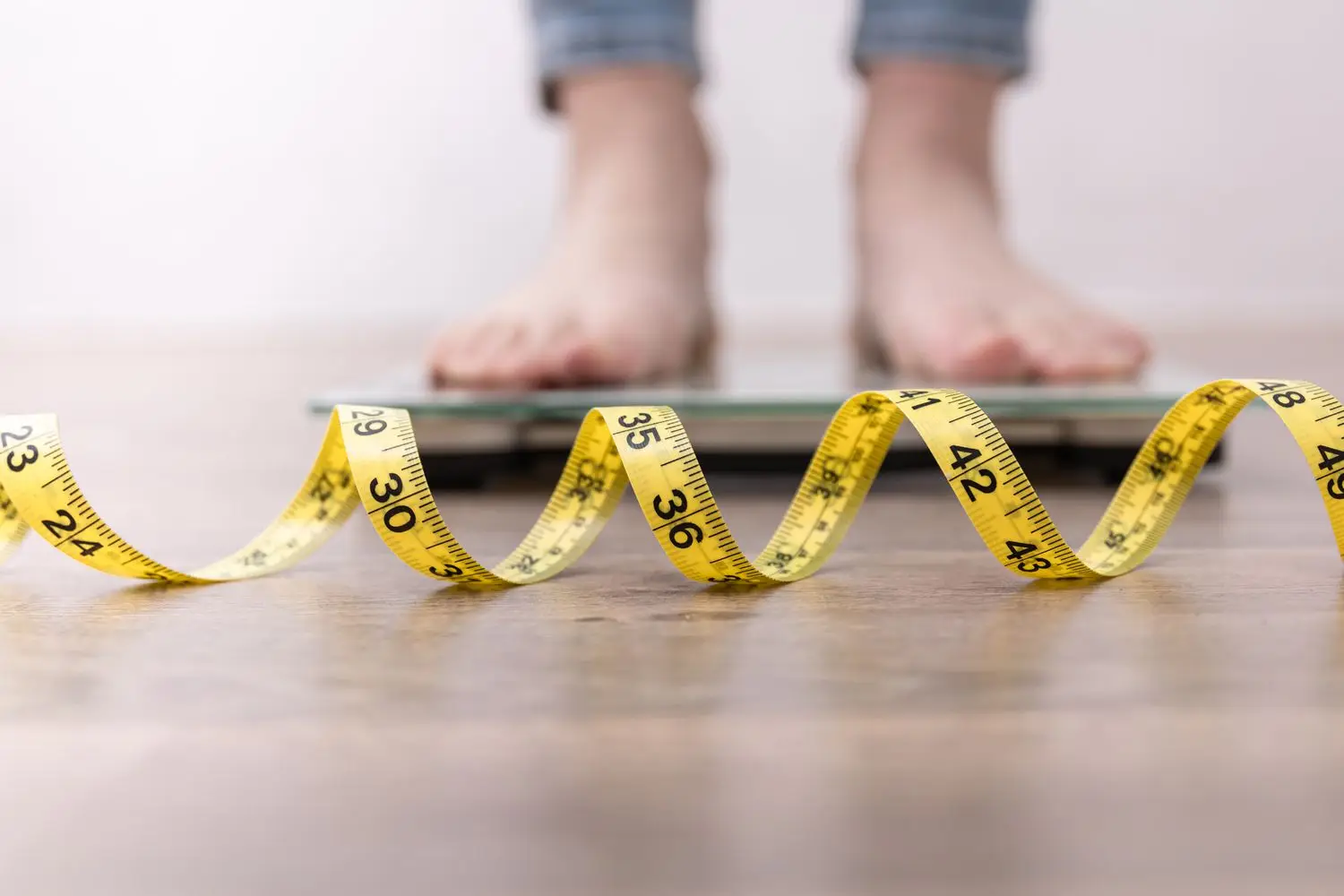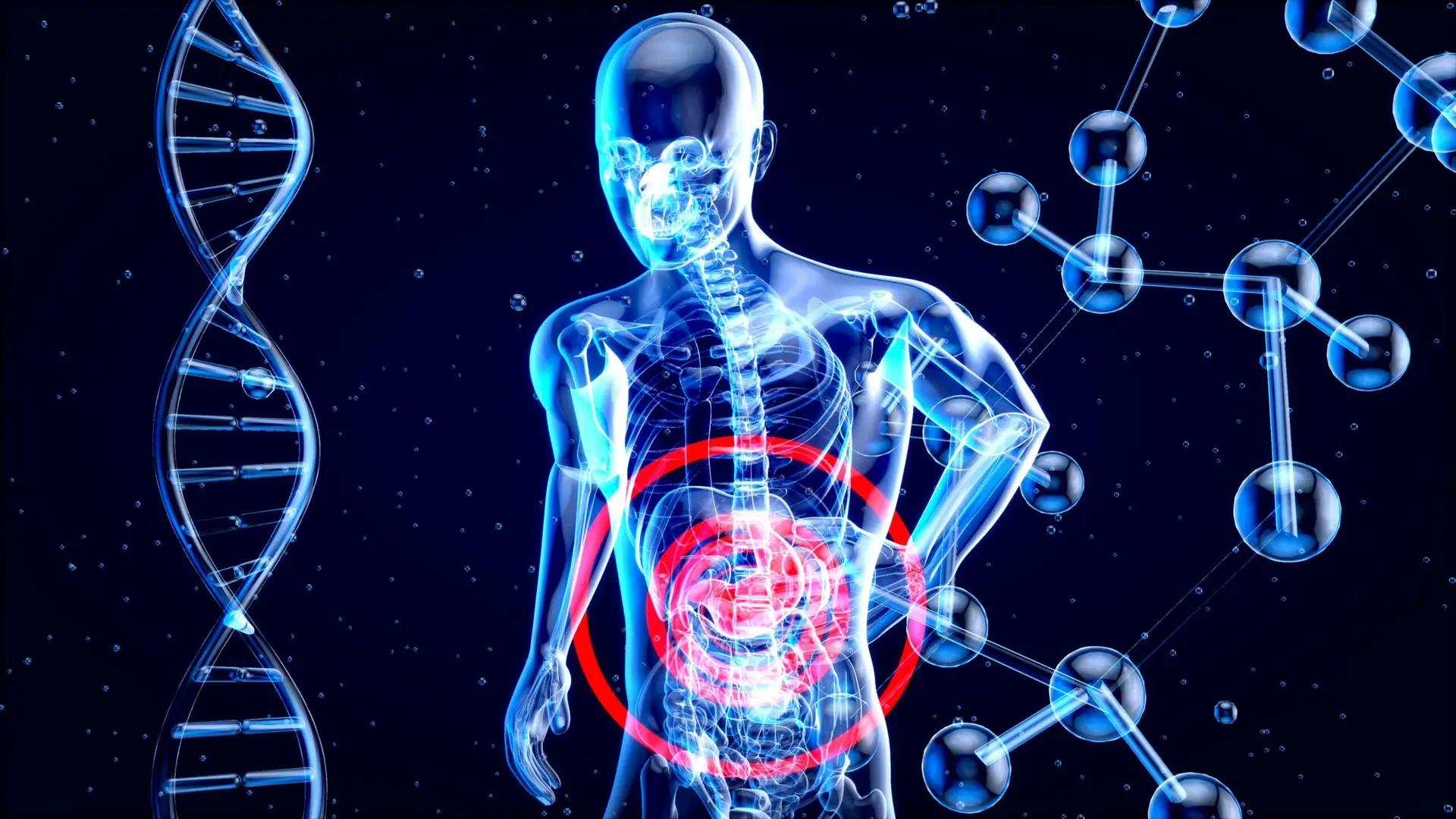Introduction: Why Vitamins Matter for Fitness
Whether you’re a beginner in the gym or a seasoned athlete, nutrition plays a critical role in maximizing your physical performance, and vitamins are at the center of it all. These micronutrients are essential for energy production, muscle repair, immunity, and metabolic function.
Unfortunately, even the cleanest diets can fall short in meeting the body’s vitamin requirements, especially during intense physical activity. That’s why understanding and supplementing the right vitamins is crucial for any fitness enthusiast aiming to train smarter, recover faster, and stay healthier.
1. Vitamin D – The Performance Enhancer
Often called the “sunshine vitamin,” Vitamin D helps regulate calcium absorption, supports immune health, and plays a key role in muscle function. Studies have shown that adequate levels of vitamin D can enhance strength, endurance, and reduce inflammation post-exercise.
🔎 Best sources: Sun exposure, fatty fish (salmon, mackerel), fortified dairy or plant milk, egg yolks
💊 Recommended dose: 600–2000 IU/day, depending on sun exposure and age
👉 Related: Vitamin D and Athletic Performance – NIH
2. B Vitamins – The Energy Producers
The B-complex vitamins (B1 through B12) are essential for converting food into energy, supporting red blood cell production, and maintaining nerve function—all of which are vital during exercise.
Each plays a unique role:
-
B1 (Thiamine) – Helps convert carbs into energy
-
B6 & B12 – Support protein metabolism and red blood cell production
-
Folate – Important for DNA synthesis and recovery
🔎 Best sources: Whole grains, leafy greens, eggs, dairy, lean meats, legumes
💊 Recommended: Take a high-quality B-complex if training intensely or on a plant-based diet
👉 Read: B Vitamins for Exercise and Performance – Healthline
3. Vitamin C – Recovery & Immunity
Vitamin C is a powerful antioxidant that protects muscle cells from oxidative stress caused by intense workouts. It also supports collagen production, helping maintain joint and connective tissue health. Regular intake can reduce the duration and severity of post-exercise soreness.
🔎 Best sources: Citrus fruits, strawberries, bell peppers, broccoli, kiwi
💊 Recommended dose: 75–200 mg/day, more if training hard or under stress
👉 Related: How Vitamin C Helps Athletes – Cleveland Clinic
4. Vitamin E – The Muscle Protector
Another antioxidant hero, Vitamin E, helps protect muscle cells from damage during intense physical activity. It enhances blood flow, improves oxygen delivery to muscles, and may help reduce muscle cramps and soreness.
🔎 Best sources: Nuts and seeds (almonds, sunflower seeds), spinach, avocados
💊 Recommended dose: 15 mg/day
💡 Tip: Combine vitamin E with C for synergistic antioxidant effects.
5. Vitamin A – Vision, Immunity & Growth
Vitamin A supports immune function and is necessary for cellular growth, including muscle repair and development. It also contributes to optimal vision, which can be beneficial for sports performance.
🔎 Best sources: Carrots, sweet potatoes, spinach, liver, and dairy
💊 Recommended dose: 700–900 mcg/day
⚠️ Note: Excessive vitamin A from supplements can be toxic. Stick to dietary sources unless advised by a health professional.
6. Vitamin K – Bone Health & Recovery
Vitamin K works with vitamin D to support bone strength and density, especially important for athletes in high-impact sports. It also plays a role in blood clotting, helping your body heal after minor cuts or bruises sustained during training.
🔎 Best sources: Kale, spinach, broccoli, Brussels sprouts, fermented foods
💊 Recommended dose: 90–120 mcg/day
💡 Pro tip: Combine with healthy fats (like olive oil or nuts) for better absorption.
7. Multivitamins – Worth It or Not?
Multivitamins can be a convenient option for fitness enthusiasts who are:
-
On restrictive diets (e.g. vegan, keto)
-
Training at high intensities
-
Not getting enough nutrient diversity
However, not all multivitamins are created equal. Look for options tailored to active individuals that include:
-
Methylated B vitamins
-
Chelated minerals
-
Bioavailable forms (like D3 instead of D2)
👉 Guide: What to Look for in a Multivitamin – Examine.com
How Vitamin Deficiencies Affect Athletic Performance
Vitamin deficiencies can lead to:
-
Fatigue or low energy
-
Slower recovery
-
Weak immunity
-
Poor focus and mental fog
-
Increased risk of injury
For instance, a vitamin B12 deficiency can result in anemia, affecting oxygen transport. Similarly, low vitamin D levels are linked to fatigue, frequent illness, and muscle weakness.
💡 Regular blood testing is highly recommended for athletes to identify deficiencies early.
Should You Supplement?
Food first is always the best policy. Whole foods provide a combination of vitamins, minerals, and fiber that supplements can’t match. However, supplementation may be necessary if:
-
You’re on a calorie-restricted diet
-
You train outdoors less often (vitamin D)
-
You have absorption issues or GI conditions
-
You follow a vegan or vegetarian lifestyle
Always consult a registered dietitian or physician before starting any new supplement regimen.
Smart Tips to Maximize Vitamin Intake Naturally
✅ Eat a variety of colorful fruits and vegetables
✅ Include healthy fats to aid in the absorption of fat-soluble vitamins (A, D, E, K)
✅ Don’t overcook vegetables—light steaming preserves nutrients
✅ Stay hydrated to support nutrient transportation
✅ Time your vitamin-rich meals around workouts for better performance and recovery
Conclusion: Fuel Your Fitness with the Right Vitamins
Being consistent in your workouts is just one part of the fitness puzzle—supporting your body with the right vitamins ensures you’re able to train harder, recover faster, and stay in peak condition. From energy metabolism to immune support, these micronutrients are silent powerhouses behind your fitness success.
Don’t just push your limits—fuel them the smart way with nutrient-rich foods and science-backed supplements when needed.




Comment